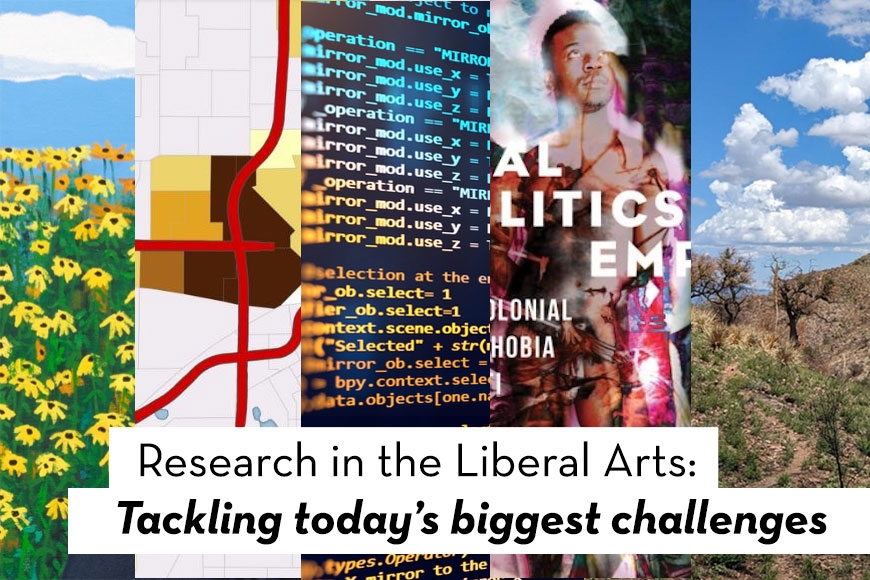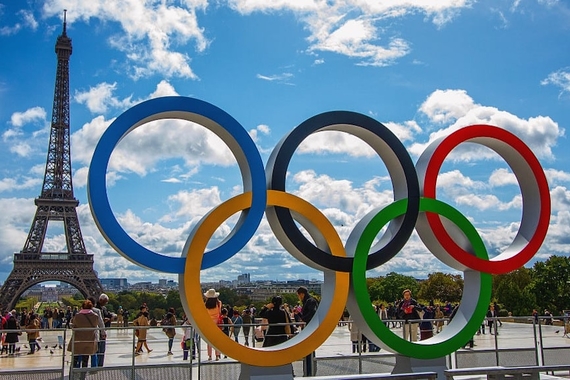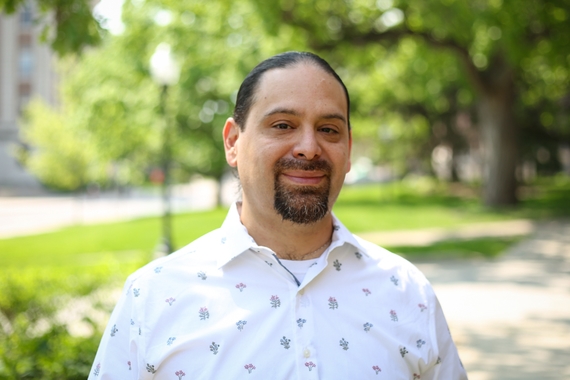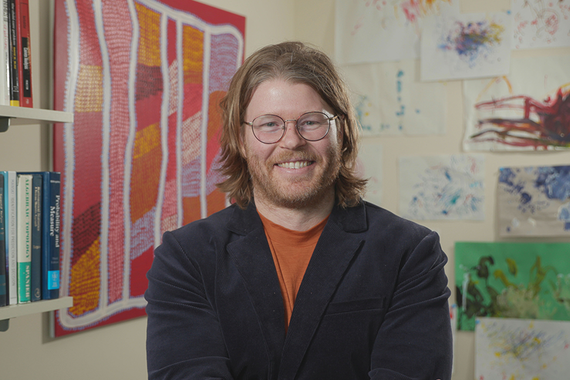Pushing Knowledge Forward
Committed to tackling today’s biggest challenges and questions, our research takes many forms—from publications to performing art—and even more varied directions. CLA scholars are constantly seeking to discover new knowledge, highlight perspectives, confront inequity, and create lasting contributions.
In turn, these discoveries help forge new relationships between the University of Minnesota and its surrounding communities, and produce globally relevant insights. The liberal arts are front page news. And our scholars’ research illuminates, and inspires solutions, to the pressing issues of our time.
Leading Learning
Research impacts all levels of CLA, from the important work of our faculty to the in-class experiences of our undergraduate students.
Psychologists are concerned that the practice of science has been open to too few and that the dispersion of scientific findings is too limited. Who practices science and who benefits from science also have a bearing on its credibility among the general public. Scientific practice has been considered to be too 'closed,' thereby thwarting the ability of others to confirm or contest scientific findings and to support or question scientific agendas.
From “The (R)evolution of Open Science”
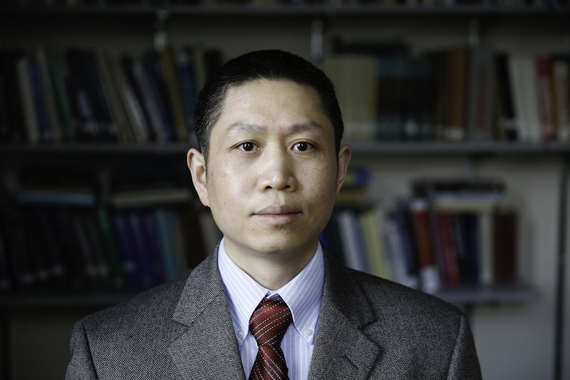
Dr. Hui Zou of the School of Statistics was awarded the Dr. Lynn Y.S. Lin Professorship in Statistics for his exemplary research and supportive teaching methods.
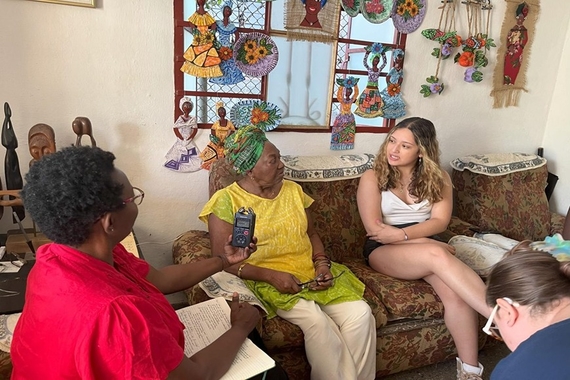
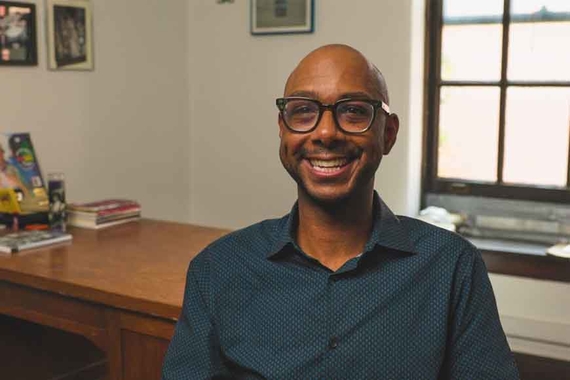
What does it mean to be in American studies? Associate Professor Elliott Powell describes his interdisciplinary field as one that “thinks about how complex and interconnected we are, both in this country, but also across the world.”
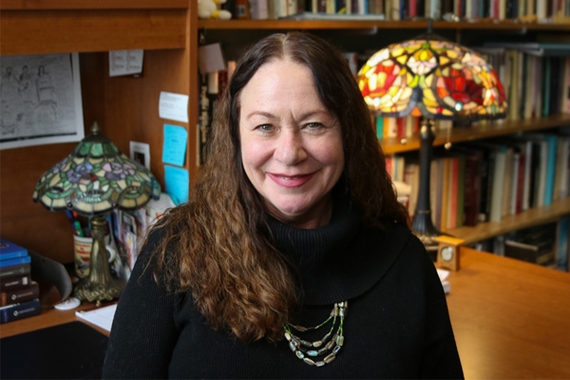
A citizen of the White Earth Ojibwe Nation, Regents Professor Jean O'Brien has been involved with American Indian studies since it was beginning to take off as a discipline—and has done much to advance the field as a researcher, professor, and mentor.

CLA’s Department of Psychology is at the leading edge of improving research standards. Recently, the department has included the adoption and implementation of Open Science practices as an initiative in their strategic plan.
The (R)evolution of Open Science
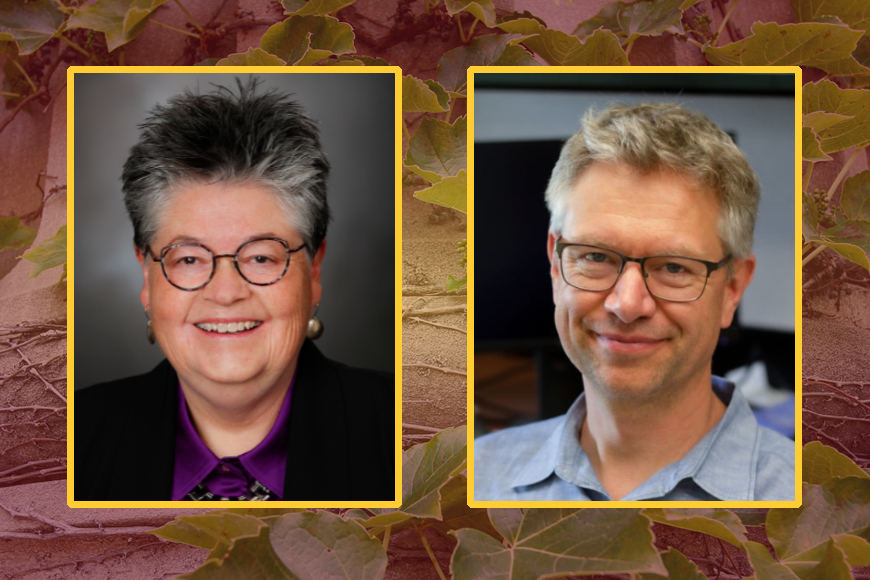
Scholars of the College
Congratulations to CLA's 2024 Scholars of the College:
- Kelley Harness, School of Music
- Andrew Oxenham, Psychology*
The Scholar of the College award is presented annually by the College of Liberal Arts to recognize and celebrate outstanding achievement by faculty in the college. Scholars of the College are chosen based on past accomplishments and contributions in the areas of scholarly research or other creative work, teaching, and service, and the promise of further achievement.
* denotes Waldfogel Scholars of the College. Funding for Melvin and Gertrude Waldfogel Scholars of the College is provided by the Waldfogel Family Foundation at the direction of Asher, Sabra, and Joel Waldfogel. The fund honors their mother, Gertrude, and their father, Melvin, who was a long-time faculty member in the Department of Art History.
Methods and Modes
The work of our faculty and students contributes to ongoing discussions of how knowledge is created, from research methods to the construction of art and meaning.
The current way we work with Cisco is ideal in that we have room for addressing overall research problems along with the opportunity to put it into practical impact. It’s great to blend both perspectives. They shouldn’t be isolated.
Associate professor Jie Ding (statistics) from “Combining Academic and Industry Research Modes to Advance Machine Learning”
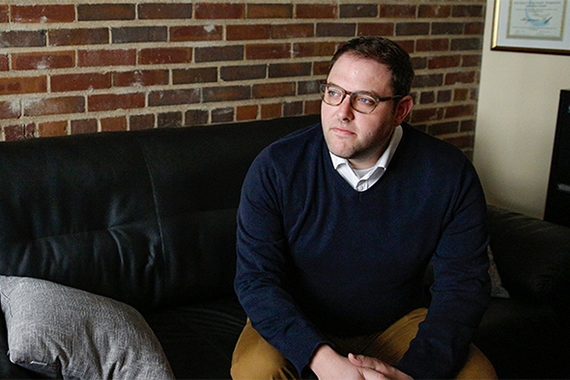
Associate professor Ben Toff (Hubbard School of Journalism & Mass Communication) will lead research on the public’s opinion of AI in the newsroom.
Poynter takes lead on AI ethics with audience research and summit
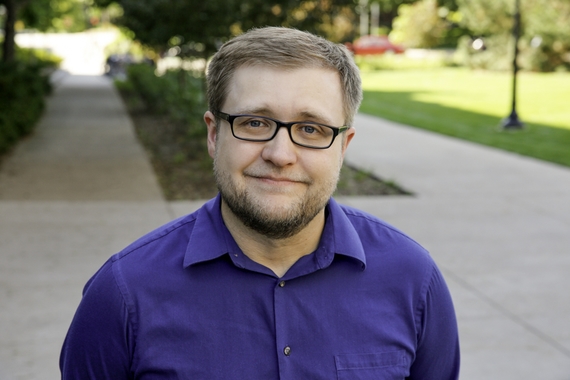
Distinguished Professor of Industrial-Organizational Psychology Richard Landers aims to find coaching solutions using AI and tailored programming.
Richard Landers Awarded DOD Naval Research Grant of $1,853,971

Statistics associate professor Jie Ding's research team is bridging the gap between academic research and industry research.
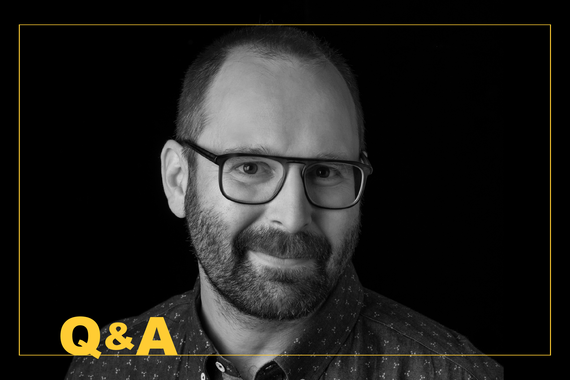
MFA alum David Bowen brings robotics to the art room and machines to his craft.
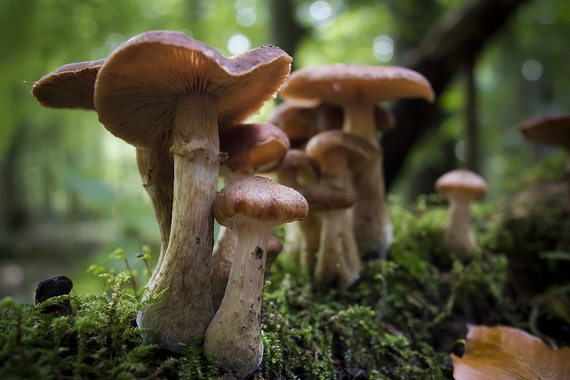
Alan Love, director of the Minnesota Center for Philosophy of Science, weighs in on key questions of science.
CLA draws the world's brightest minds to Minnesota
A dozen CLA faculty and alumni have won Nobel Prizes in economics, literature, chemistry, and physics. Six CLA faculty members have been awarded a Guggenheim Fellowship in the past decade. And since 2000, CLA students have won 4 Rhodes, 10 Truman, and 5 Beinecke Scholarships, plus 99 Fulbright awards.
At the Heart of Why
A powerfully personal “why” drives some of CLA’s research, lending space to the investigation of identity and experience.
During my Guggenheim Fellowship, I will travel to rural Georgia to research and rediscover forgotten Black artists and their artworks. Through collecting oral histories and engaging with communities, my goal is to challenge conventional narratives, honor the resilience of these overlooked artists, and connect with my father's artistic legacy.
Lamar Peterson, from “Associate Professor Lamar Peterson awarded 2024 Guggenheim Fellowship”
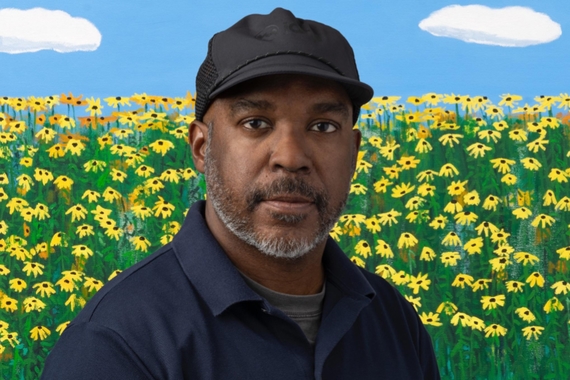
Art professor Lamar Peterson plans to explore personal and regional histories in Georgia during his Guggenheim Fellowship.
Associate Professor Lamar Peterson awarded 2024 Guggenheim Fellowship
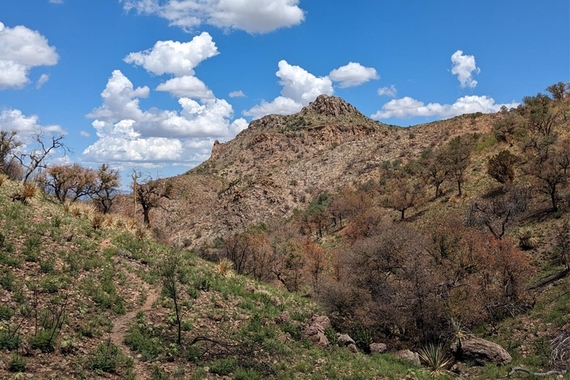
Graduate student Isaac Esposto (Gender, Women & Sexuality Studies) spent the past summer in the Sonoran Desert, researching how colonialism is reflected and reinforced by the architecture of the southern border.
“Not all is Lost”: The Violence of Colonial Architecture at the US-Mexico Border
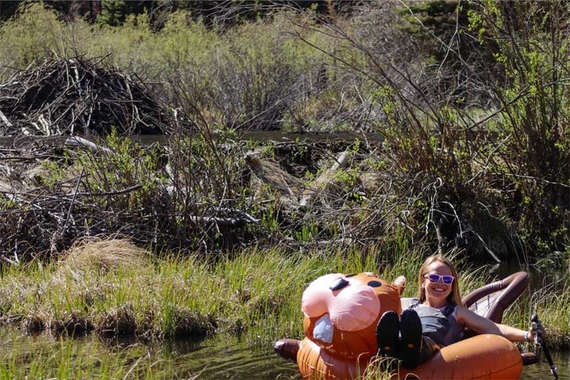
Geography, Environment & Society assistant professor Emily Fairfax says “It's all paws and all hands on deck” when it comes to beaver research and conservation.
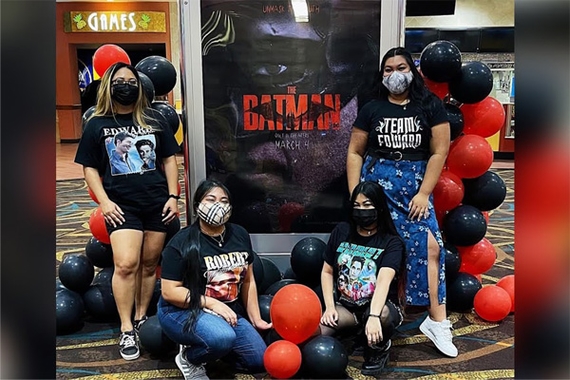
American Studies PhD candidate Demiliza Saramosing spent the summer conducting fieldwork that will illuminate social injustices and explore the everyday lives and cultures of young adults in occupied Hawaiʻi.
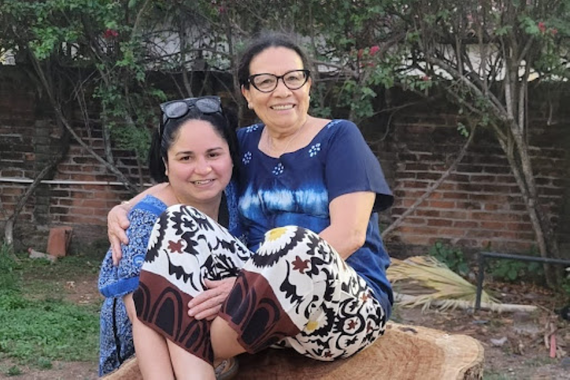
History alum Paula Cuellar Cuellar (PhD ‘22) turned her research on Salvadoran women’s experiences into an award-winning documentary film.
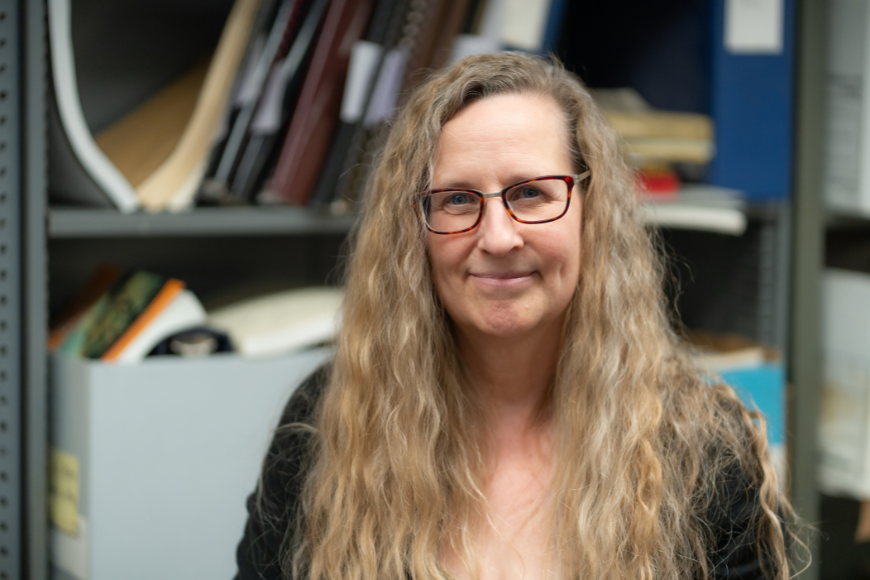
"A reluctant archaeologist"
Challenging Narratives
Housing the arts and humanities and social sciences alike, the scholars of CLA interrogate bias and injustice from countless angles.
To really get people to reframe the racial disparities that we are living with today, and to understand that they were deliberately constructed through policies and structural racism — that was the impetus behind Mapping Prejudice.
Kirsten Delegard, public historian and project founder of Mapping Prejudice, from “Revealing Public History Through Maps”
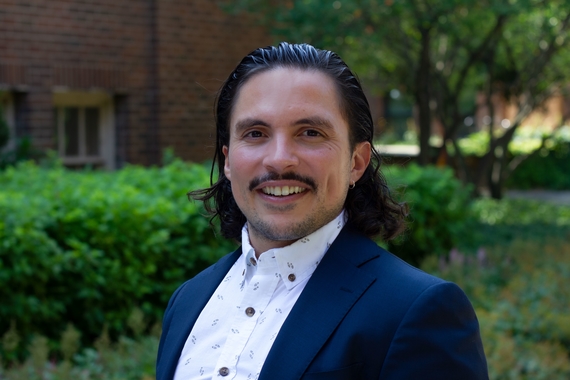
Juan Del Toro, aassistant professor in the Department of Psychology, investigates the connections between the criminal legal system and substance use.

Students in public history (HIST 3001) took part in historical research through their community-engaged learning partnership with Mapping Prejudice.
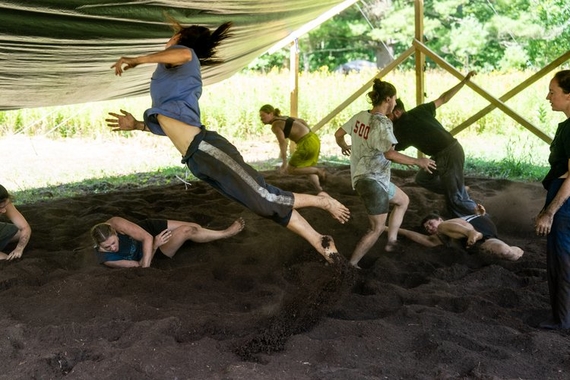
Theatre Arts & Dance professor Carl Flink’s latest work prompts conversations on violence and the human body.
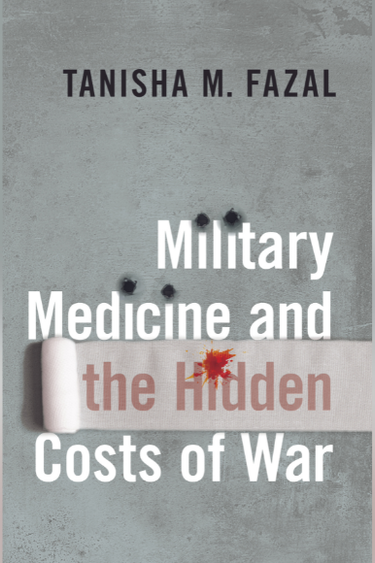
Political science professor Tanisha Fazal seeks to correct or complicate our understanding of military medicine and the costs of war. More specifically, her latest book underscores how the US is systematically underestimating these costs. "Insofar as we think about the decision to go to war as a cost-benefit calculation," she shares, "we've been getting the costs wrong for quite some time."
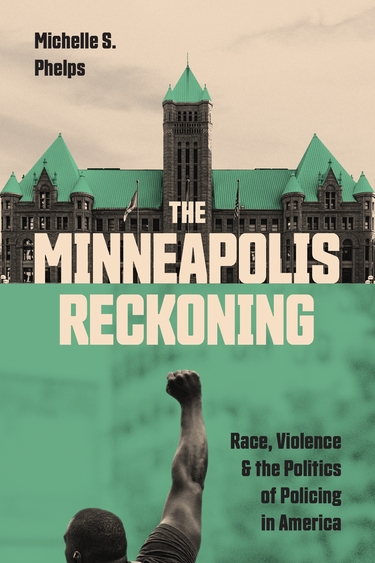
Sociology associate professor Michelle Phelps’ new book, The Minneapolis Reckoning, explores the duality of policing—both a source of potential state protection and threat—and how that complexity hinders reform.
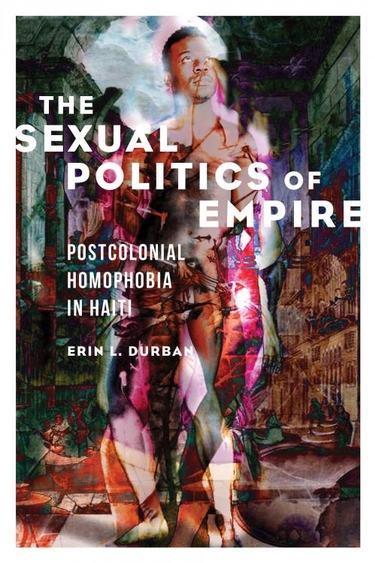
Erin Durban’s work examines the intricacies of Haiti’s social and political environment with a focus on the creative was LGBTQI Haitians contend with violence and oppression. The anthropology professor's book recently won the 2024 LGBTQ+ Studies Lammy Award.
Discovery Made Possible
Faculty are at the heart of CLA’s thriving academic community. CLA faculty are top researchers and experts in their field that continue to seek new knowledge and development. Beyond their own work, they enhance the academic environment of CLA by providing guidance, mentorship, and opportunities to new scholars.
Their expertise and commitment to pushing knowledge forward makes CLA’s faculty and their work essential to our mission.
Your gifts to support faculty will help strengthen relationships with community partners, advance measurable experimentation, and test new ideas.
This story was edited by Cass Bryant, an undergraduate student in CLA.
